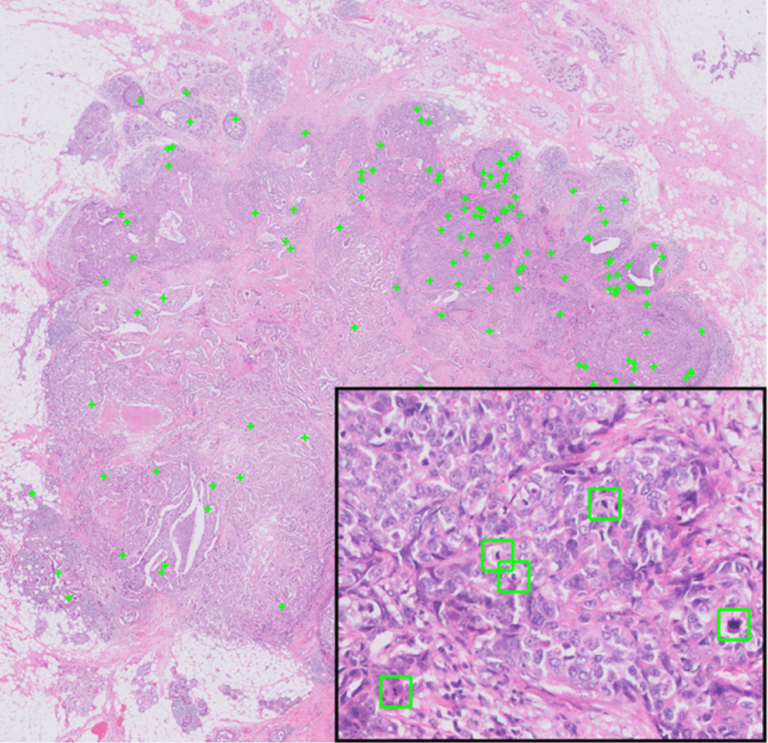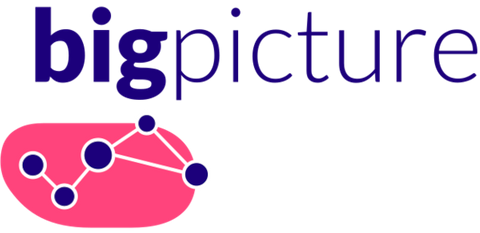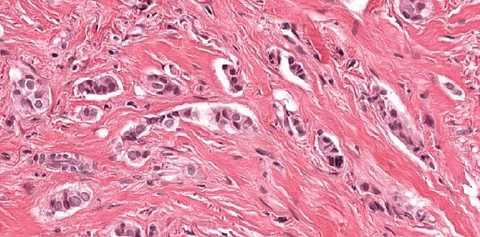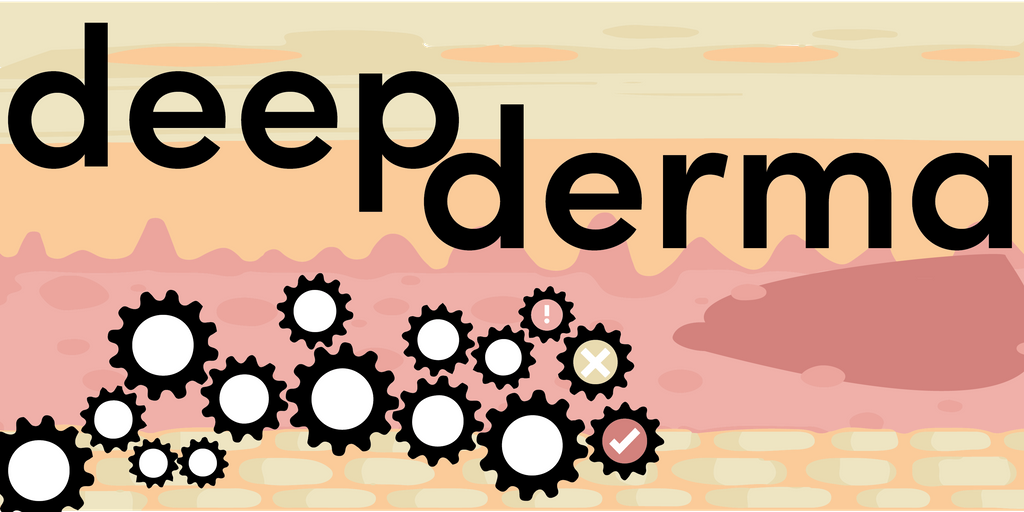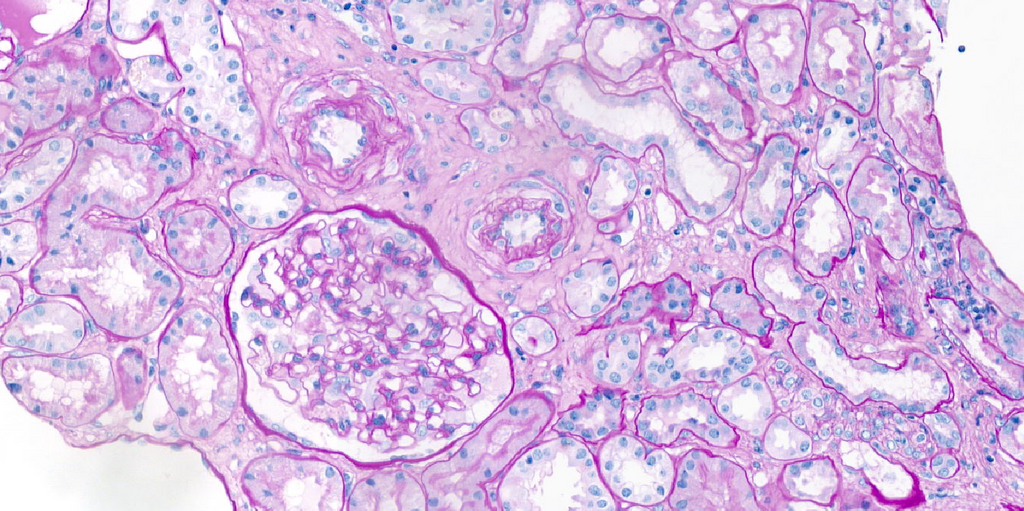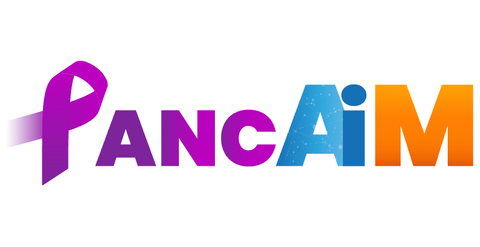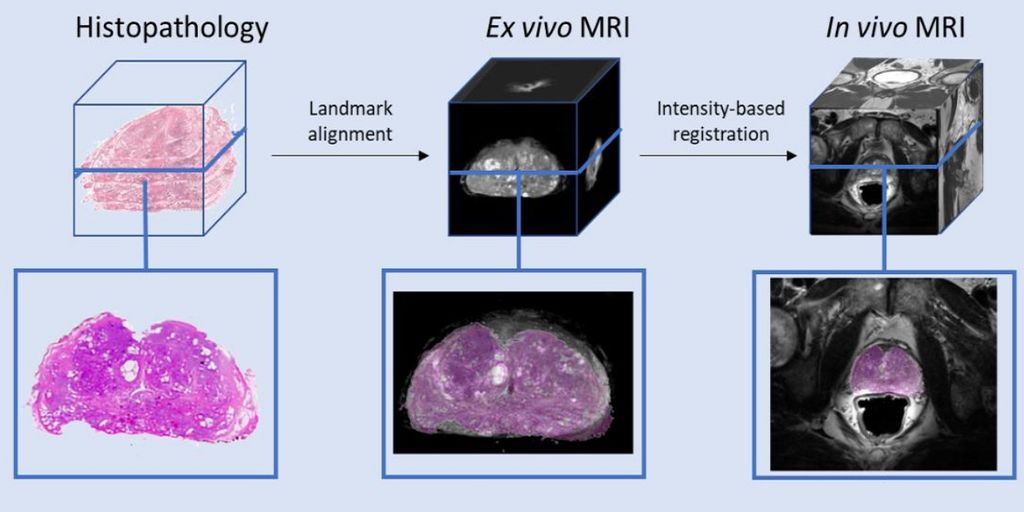A large part of DIAG focuses on the analysis of pathology images and is embedded in the Department of Pathology of Radboudumc and has a strong translational focus. The history of the group reaches back to the early 1980s, and in 2013 the group joined DIAG and started to grow rapidly, facilitated by the simultaneous advents of digital pathology and deep learning.
Projects focus on two areas:
- increasing efficiency of the current pathology diagnostic process by developing and validating computer aided diagnosis (CAD) workflows;
- supporting personalized medicine by developing image based biomarkers that are predictive for patient outcome or therapy response. The latter may be based either on H&E stained tissue sections or immunohistochemistry.
Below you will find an overview of current research projects. More details can be found on the Computational Pathology Group's own site.
